

As promised in my previous post about the great sugar debate, I’ve made a handy little sugar swap chart for you!
Besides good substitutions for things like white sugar and chocolate bars, I’ve also included good substitutions for things like white rice and white bread, as well as fizzy drinks and even morning cereal.
Do remember though that just because these sweeteners are natural, doesn’t mean it’s a green card to just go overboard! Of course, things like cinnamon and vanilla are perfect to use everyday as they boast a whole host of health benefits, and cacao nibs are delicious to sprinkle over porridge in the morning.
I know it can be confusing sometimes with all the natural sugars out there, and in what recipe they might work or how they actually taste. To make it easier, here are some of my favourite recipes to get you started and the sweeteners I used!
This one is one of my favourite sweeteners, especially for baking (hello chocolate chip cookies!). It can be used instead of brown sugar on 1:1 ratio, so it’s super handy. It has a delicious caramel-like flavour, and I find that I don’t need a lot for it to be sweet. It boasts traces of minerals like Iron, Zinc, Calcium and Potassium, and it has a Inulin, which studies say may slow glucose absorption, meaning coconut sugar has a lower glycemic index than regular table sugar. I love them in baked goods, as they add moisture and also act as a binder.
Coconut & Goji Raw No-Bake Cookies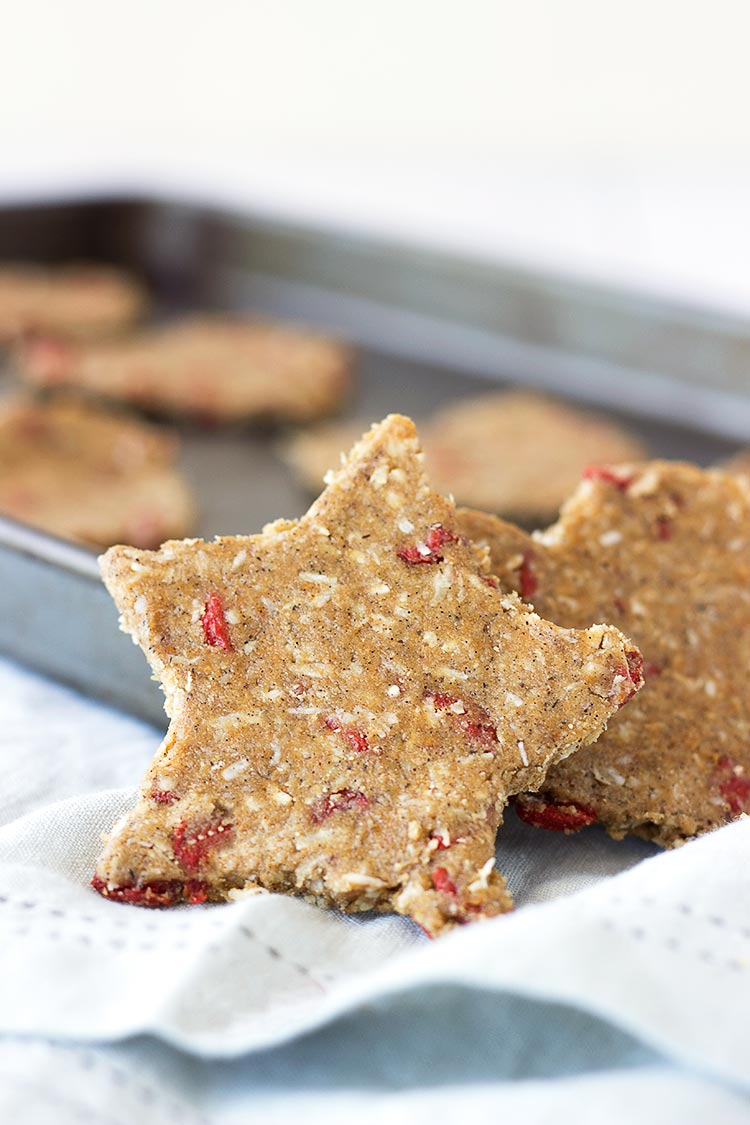
Guilt-free Cookie Dough Ice Cream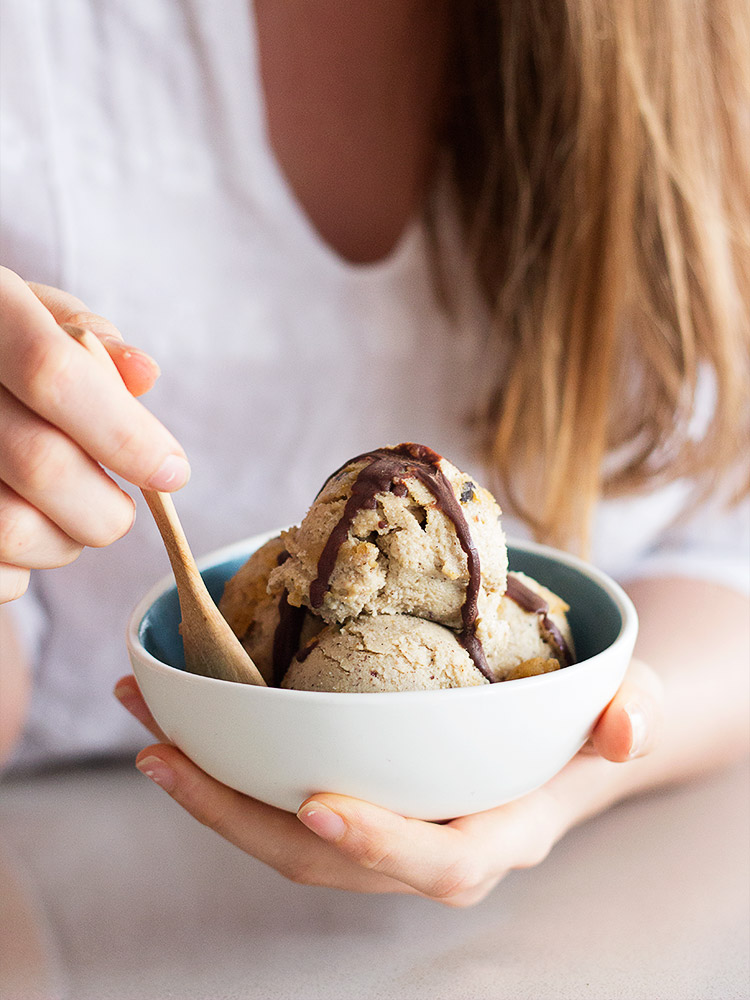
I absolutely love dates, they have the most delicious caramel flavour to them. I usually buy the medjool variety, but there are so many yummy ones out there. They’re not low-GI and are quite sweet, but they are also full of vitamins, minerals, and especially fibre, which helps keep things moving. Dates are perfect for raw “baking” as they help things stick together while also providing sweetness.
Raw Carrot Cake with Coconut Matcha Frosting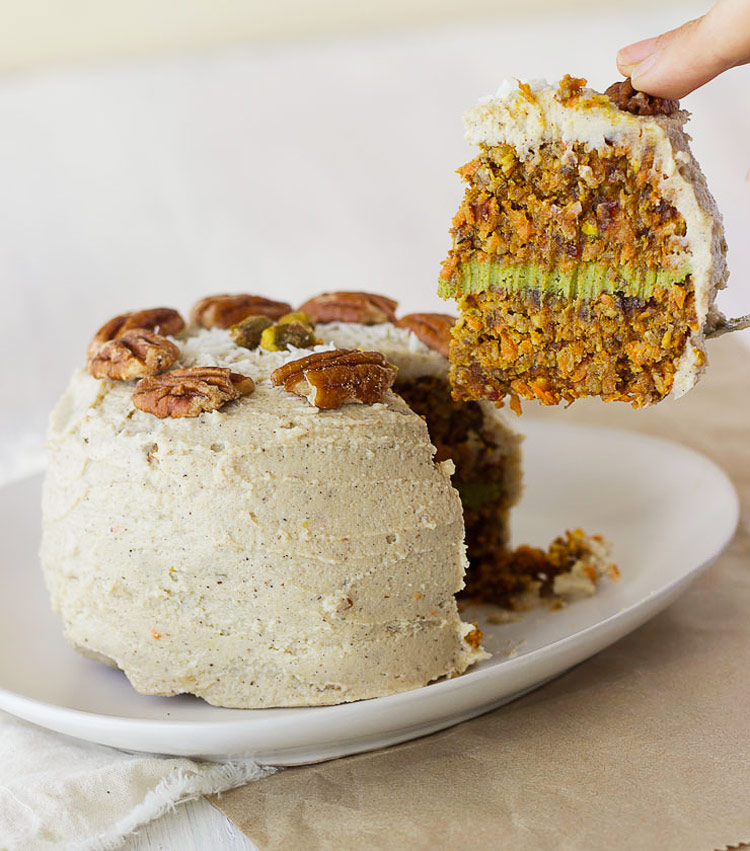
No-Bake “Nutella” Raw Brownies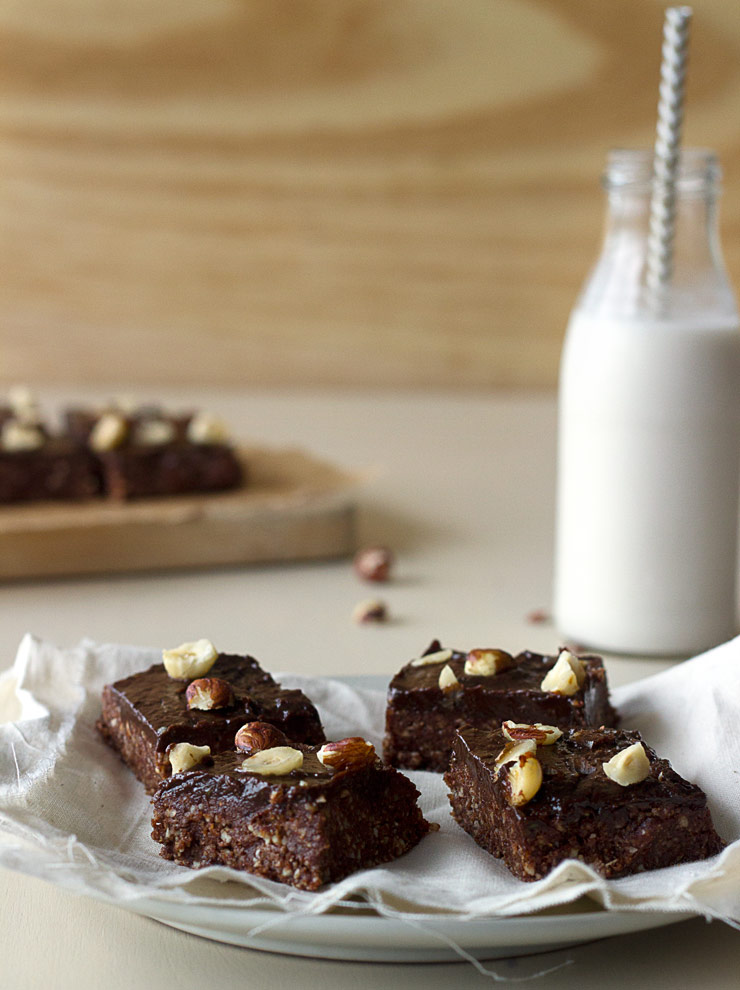
Using whole actual fruits, such as bananas, sweet potatoes, carrots, and apples, is an amazing way to add not only sweetness but fibre as well, as you’ll be eating the whole fruit as nature intended. Perfect for baked goods, as they add moisture, sweetness, and also help with binding.
Effortless Vanilla, Banana & Oat Protein Cookies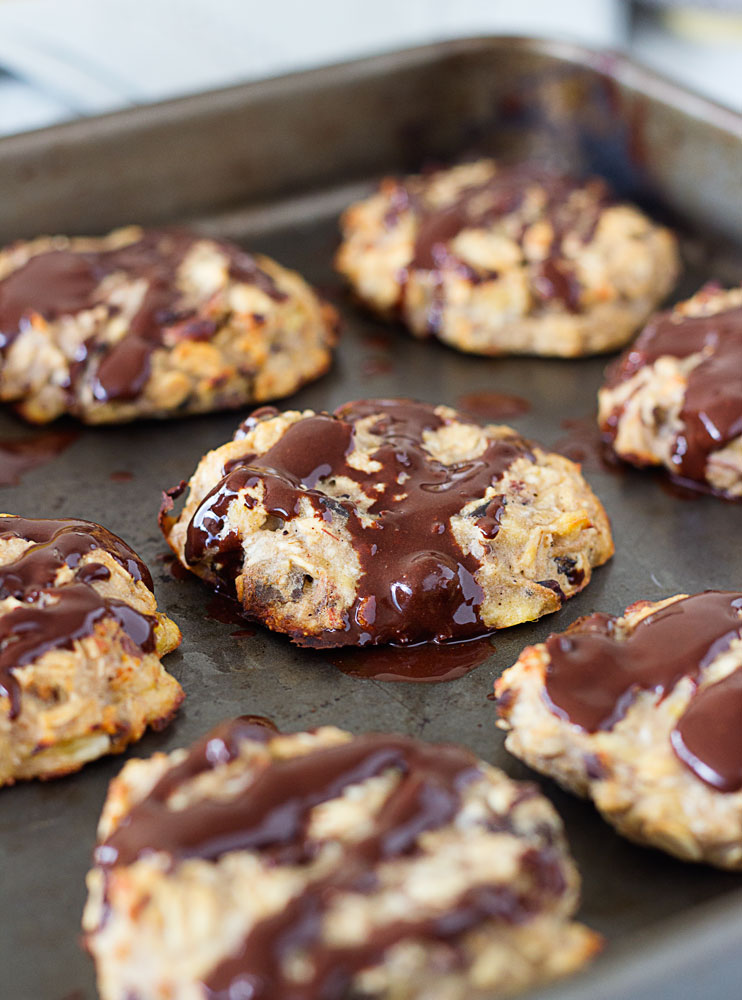
These are my favourite liquid sweeteners. They drizzle beautifully over pancakes and porridge, and in baking they also add moisture and help things stick together. I’d recommend baking with maple syrup, as heating honey destroys many of it’s amazing properties. Both are good options, but if I’m having something for health, I’d go for honey as it has amazing antimicrobial and healing properties.
Pomelo & Lemon Poppy Seed Crepes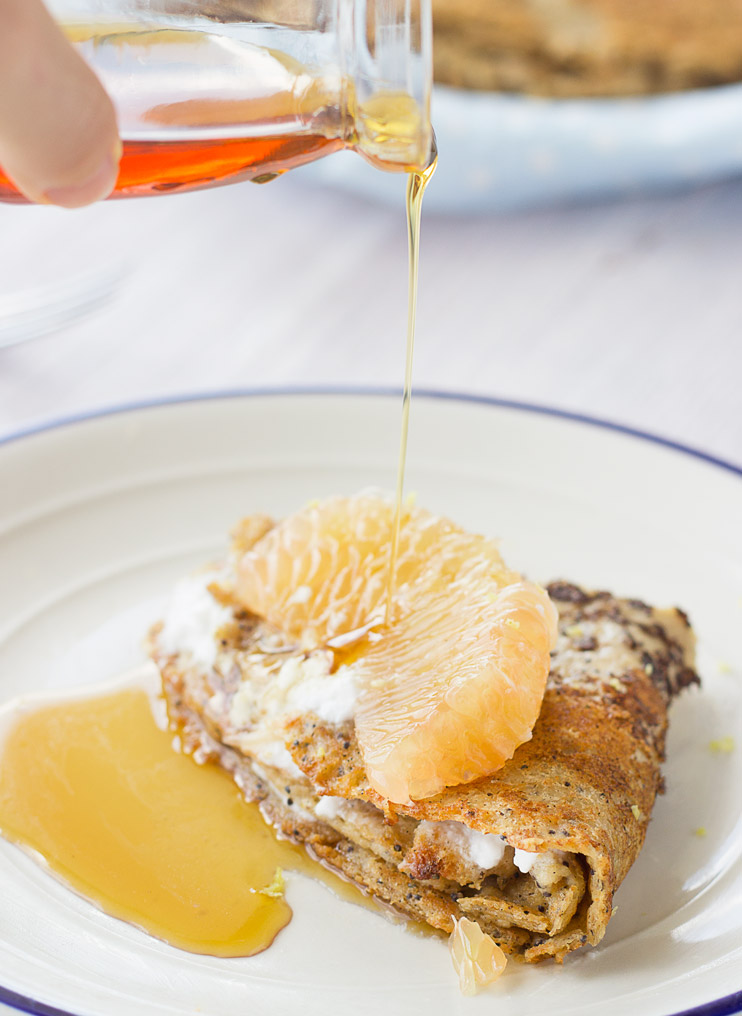
Chocolate Beet Cake with Dark & White Chocolate Frosting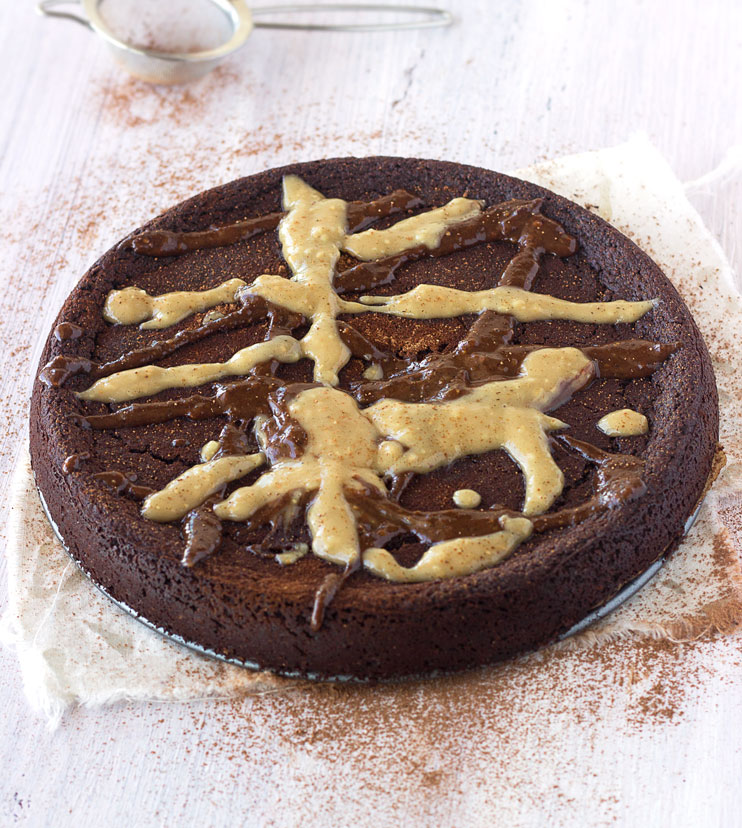
It’s also a liquid, but it’s way thicker than maple syrup and honey, as well as not being as sweet. It’s great for binding things in raw and normal baking, and it doesn’t make things go too sweet. It’s a complex carb and is also free of fructose, making it a favourite for many. If possible, get the organic variety as there has been some concerns regarding rice and arsenic.
Parsnip, Ginger and Apple Muffins (Gluten Free)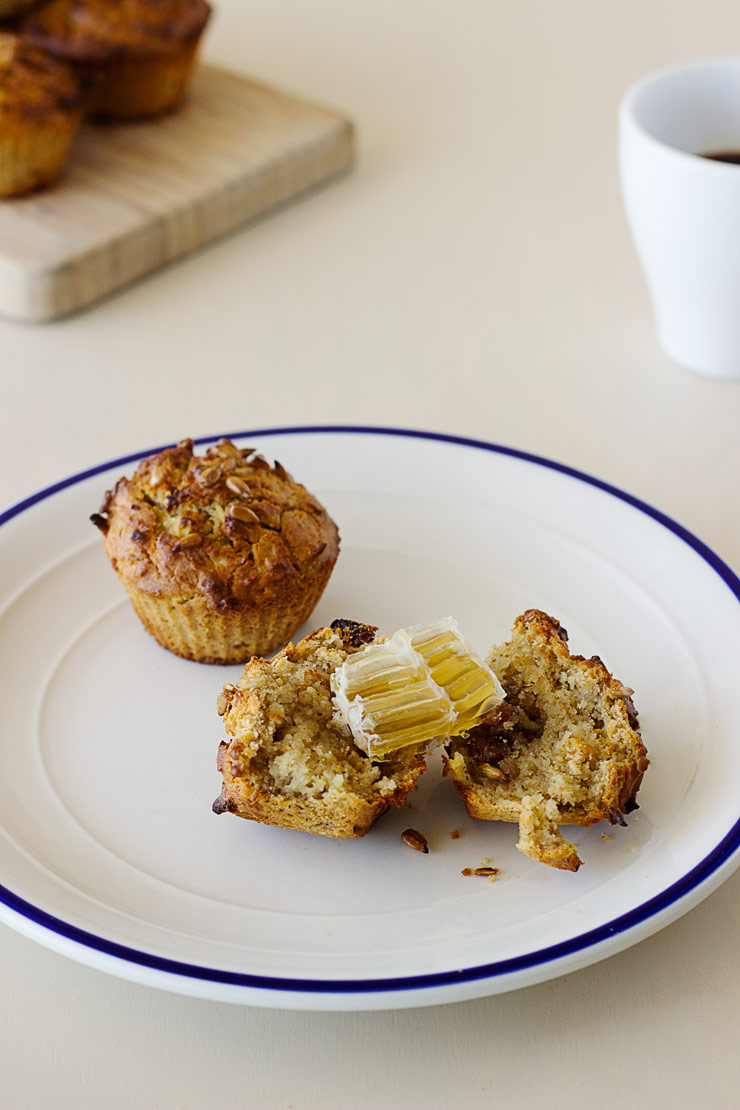
Chilli and Cherry Chocolate Fudge Brownies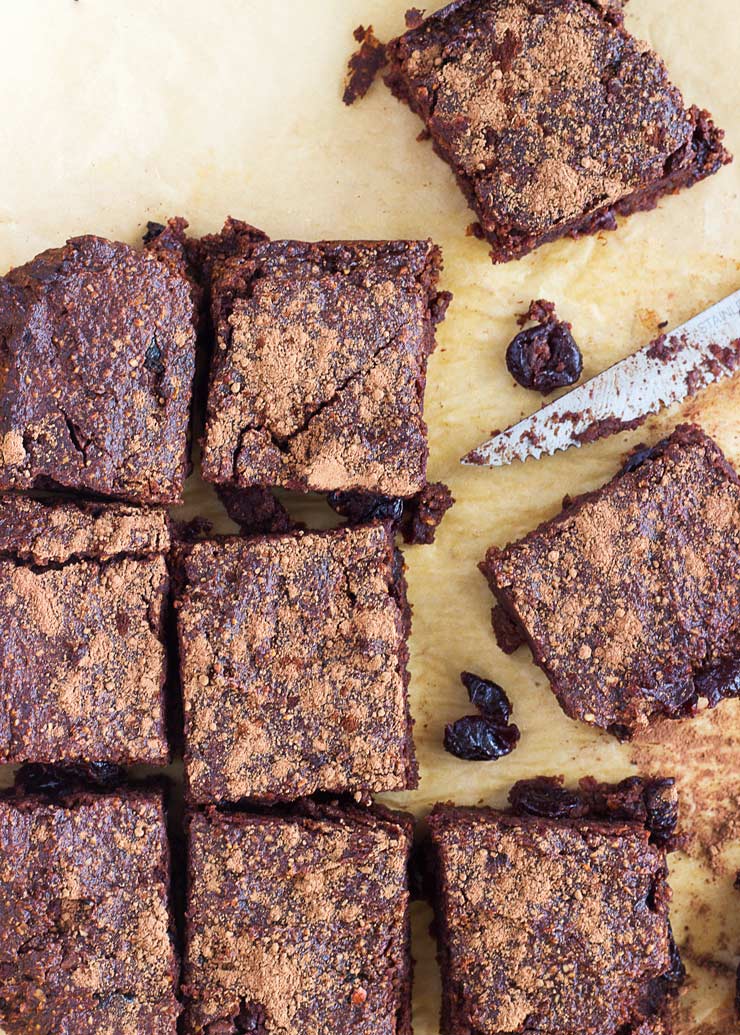
I don’t have much experience with Xylitol (though I heard it’s great for your teeth!) but I do use stevia. It’s a zero calorie sweetener, so for those of you who are trying to watch your weight or even lose some it’s a great alternative. It’s much much sweeter than sugar so you don’t need a lot, I’ll usually use 1-2 drops for smoothies or even salad dressings and that’s about it. I’ve never used the powdered kind, so can’t comment on that. Also, some people find it has a bitter taste, but I haven’t really noticed in such small quantities. Be sure to buy organic and read the label, as many are sneaky and mixed with other not-so-great artificial sweeteners.
Be mindful, if you’ve got any concerns be sure to consult a doctor or naturopath!
It’s not that I don’t expect you to never eat any refined white sugar ever again, but it’s in the small, everyday choices that we begin to see and feel change. It’s not what we have sometimes that defines what we are and how we feel, but what we include in our daily meals.